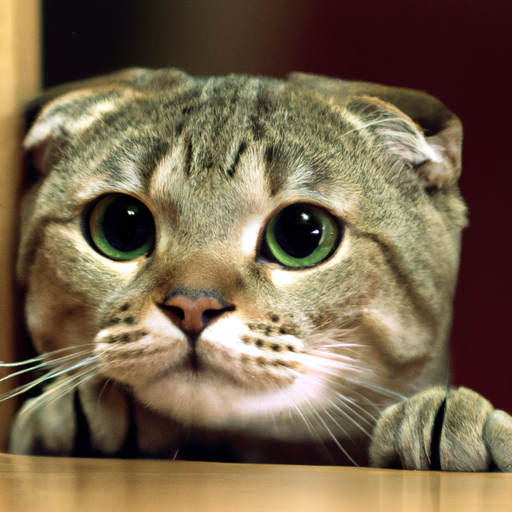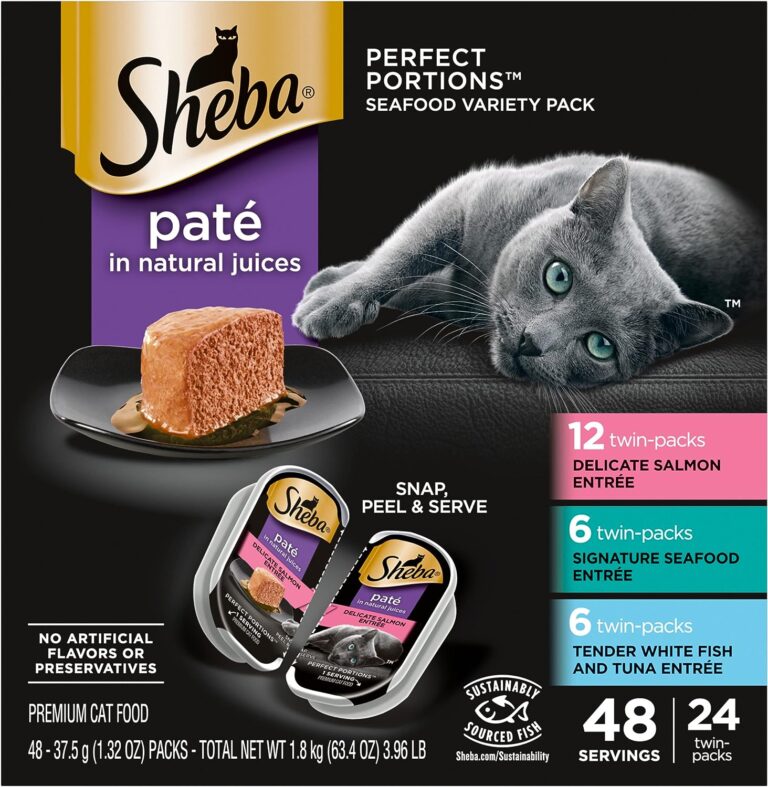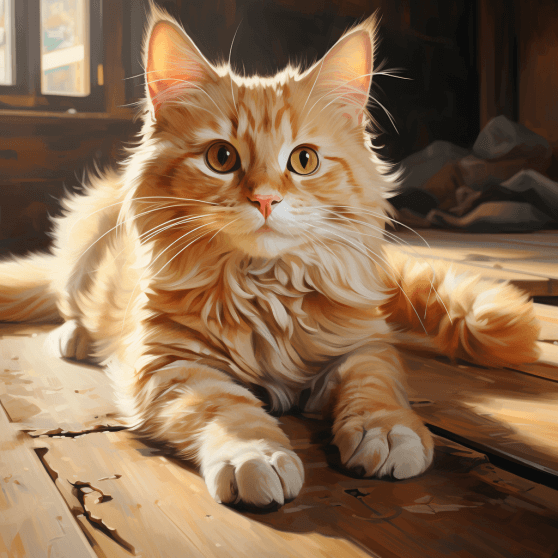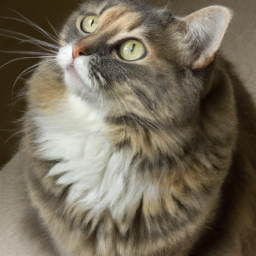How Long Do Cats Live?
Unveiling the Nine Lives: Understanding Cat Lifespan
Key Takeaways
- Understanding factors influencing cat lifespan can help in better care.
- Lifespan varies significantly among different cat breeds.
Introduction
It’s often said that cats have nine lives, a myth stemming from their agility and resilience. However, the lifespan of a cat is determined by a myriad of factors ranging from its breed to its lifestyle. While the average cat lives to be 15 years old, it’s not uncommon for many cats, especially those kept indoors, to surpass this age. Lifespan varies significantly among different breeds, which we’ll delve into in the upcoming sections.
Factors Influencing Cat Lifespan
A cat’s longevity is influenced by several factors:
- Genetics:
- Inherited traits play a pivotal role in a cat’s longevity.
- Diet:
- A balanced diet contributes to a healthier, longer life.
- Must-Have Items for Your Cat
- Exercise:
- Regular physical activity keeps obesity at bay, promoting better health.
- Regular Veterinary Checkups:
- Early detection and treatment of potential health issues.
- Common Cat Questions
In the next section, we’ll delve deeper into how different cat breeds have varied lifespans, helping you understand what to expect with your feline friend.
Breaking Down Lifespan By Cat Breeds
Exploring the lifespan of various popular cat breeds provides insight into the genetic factors influencing longevity.
Table: Lifespan Comparison Among Popular Cat Breeds
Breed Average Lifespan Siamese 15-20 years Maine Coon 12-15 years Persian 10-15 years Ragdoll 15-20 years Bengal 12-16 years
Feline Life Stages compared to Human Life Stages
Enhancing Your Cat’s Lifespan
With proper care, it’s possible to enhance your cat’s lifespan significantly.
- Balanced Diet:
- Ensuring a nutritionally complete diet.
- Regular Exercise:
- Engaging in interactive play sessions.
- Cat Sitting Services
- Timely Medical Care:
- Regular vaccinations and check-ups to prevent and detect illnesses early.
- How Long Can Cats Live?
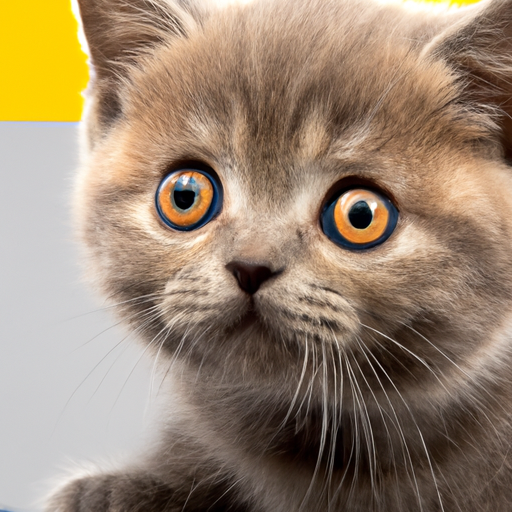
How does Nutrition affect Cat Lifespan?
Nutrition Directly Impacts Health
- Proper nutrition provides all the nutrients cats need and avoids deficiencies or excesses that cause disease.
- Good nutrition supports immune function, organ health, digestion, healthy weight, skin/coat condition, and more.
- Poor nutrition can lead to obesity, diabetes, urinary and kidney disease, cancer, and other illnesses that shorten lifespan.
Key Nutritional Factors for Lifespan
- High-protein, low-carb diets are best suited for obligate carnivores like cats.
- Canned and raw foods have high protein and moisture content which supports health.
- Antioxidants from quality ingredients fight cell damage from aging.
- Omega fatty acids reduce inflammation and risk of disease.
- Avoiding carbohydrates prevents obesity and related illnesses.
Diet Format Impacts Health
- Dry food is high in carbs and lacks moisture, increasing risks.
- Canned and raw foods have high water content to support kidney and urinary health.
- Minimally processed foods retain more nutrients than highly processed foods.
Lifelong Nutrition Matters
- Kittens need very high protein and calorie diets to support growth and development.
- Adult cats need calorie adjustment to prevent obesity as activity decreases.
- Senior cats may require joint supplements and easily digestible diets.
- Transitioning diets gradually avoids gastrointestinal upset.
In summary, providing cats a high protein, low carb, minimally processed diet with adequate moisture throughout all life stages helps maximize lifespan by preventing disease and supporting overall health.
Conclusion
Recapping the insights garnered, understanding the factors influencing cat lifespan can pave the way for better care, potentially enhancing the longevity of your furry companion. Here’s a brief checklist to ensure you’re on the right track:
Table: Enhancing Cat Lifespan Checklist
Action Item Impact Balanced Diet +++ Regular Exercise +++ Timely Medical Checkups +++
Adopting a balanced diet, regular exercise regimen, and timely medical checkups can significantly contribute to a longer, healthier life for your cat, irrespective of its breed. So, as you unravel the myth of the nine lives, embark on a journey to provide the best care for your feline friend.

